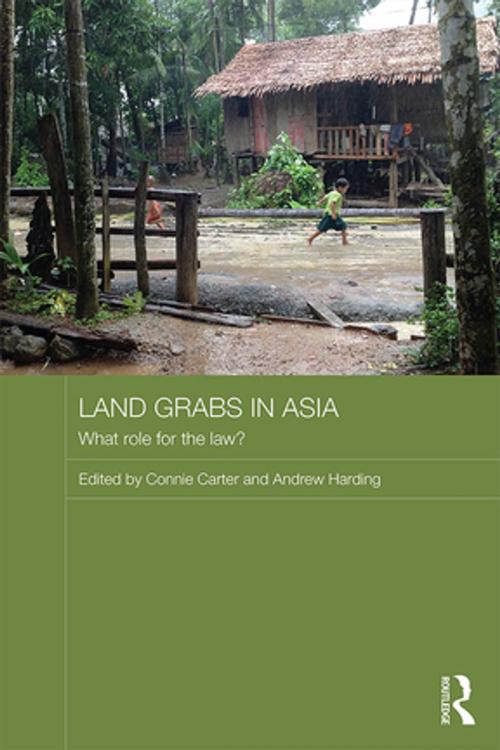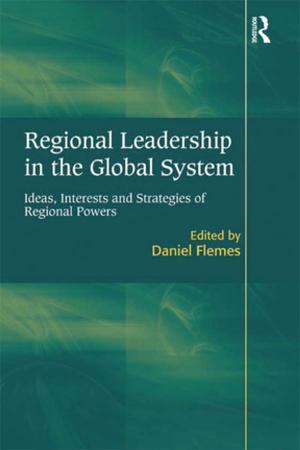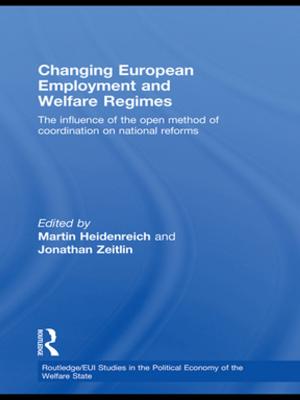Land Grabs in Asia
What Role for the Law?
Nonfiction, Reference & Language, Law, Environmental, Social & Cultural Studies, Social Science, Cultural Studies, Ethnic Studies| Author: | ISBN: | 9781317446309 | |
| Publisher: | Taylor and Francis | Publication: | May 1, 2015 |
| Imprint: | Routledge | Language: | English |
| Author: | |
| ISBN: | 9781317446309 |
| Publisher: | Taylor and Francis |
| Publication: | May 1, 2015 |
| Imprint: | Routledge |
| Language: | English |
Although there is no universally accepted definition of the term "land grabbing", ordinary people whose livelihoods are adversely affected by land grabbing know exactly what it is. It involves the physical capture and control of land and homes, including the usurpation of the power to decide how and when these will be used and for what purposes – with little or no prior consultation or compensation to the displaced communities.
This thought-provoking book defines land grabbing, and examines aspects of the land grabs phenomenon in seven Asian countries, researched and written by country-specific legal scholars. The book provides unique perspectives on how and why land grabbing is practised in China, India, Pakistan, Cambodia, Malaysia, Myanmar and Indonesia, and explores the surprising role that law plays in facilitating and legitimizing land grabs in each country. In contrast to most of the literature which law focuses on foreign investors’ rights under international law, here the focus is on domestic laws and legal infrastructures. Finding that Asian States need to move beyond existing regimes that govern land to a regime that encourages more equitable land rights allocation and protection of stakeholders’ rights, the book urges further research in the nexus between the use of law to facilitate development.
Land Grabs in Asia is the first book to explore land grabbing in multiple jurisdictions in Asia. As such, it will appeal to students and scholars of law and development, law and society, and international relations, as well as being essential reading for development policy-makers and government ministers.
Although there is no universally accepted definition of the term "land grabbing", ordinary people whose livelihoods are adversely affected by land grabbing know exactly what it is. It involves the physical capture and control of land and homes, including the usurpation of the power to decide how and when these will be used and for what purposes – with little or no prior consultation or compensation to the displaced communities.
This thought-provoking book defines land grabbing, and examines aspects of the land grabs phenomenon in seven Asian countries, researched and written by country-specific legal scholars. The book provides unique perspectives on how and why land grabbing is practised in China, India, Pakistan, Cambodia, Malaysia, Myanmar and Indonesia, and explores the surprising role that law plays in facilitating and legitimizing land grabs in each country. In contrast to most of the literature which law focuses on foreign investors’ rights under international law, here the focus is on domestic laws and legal infrastructures. Finding that Asian States need to move beyond existing regimes that govern land to a regime that encourages more equitable land rights allocation and protection of stakeholders’ rights, the book urges further research in the nexus between the use of law to facilitate development.
Land Grabs in Asia is the first book to explore land grabbing in multiple jurisdictions in Asia. As such, it will appeal to students and scholars of law and development, law and society, and international relations, as well as being essential reading for development policy-makers and government ministers.















